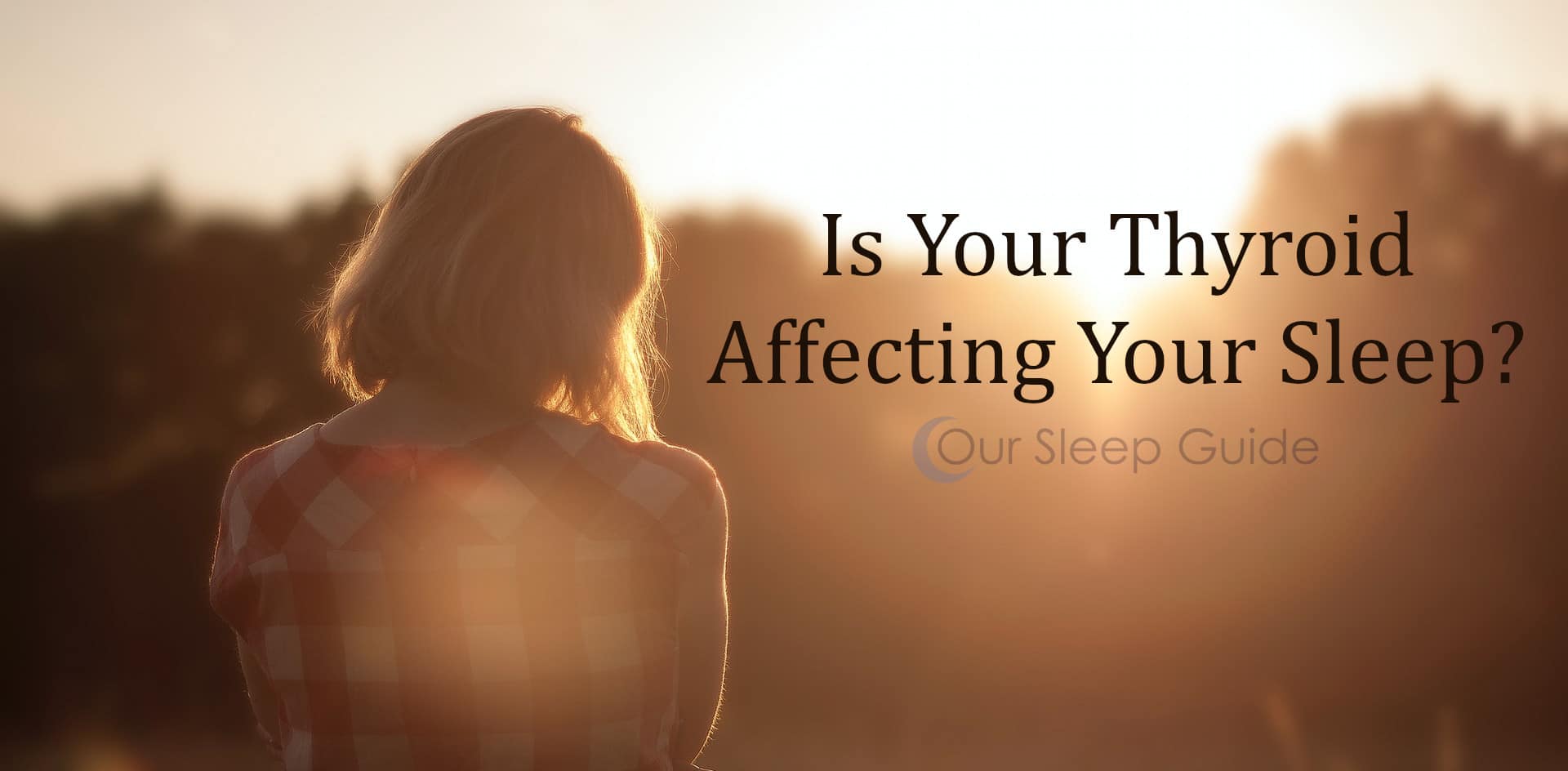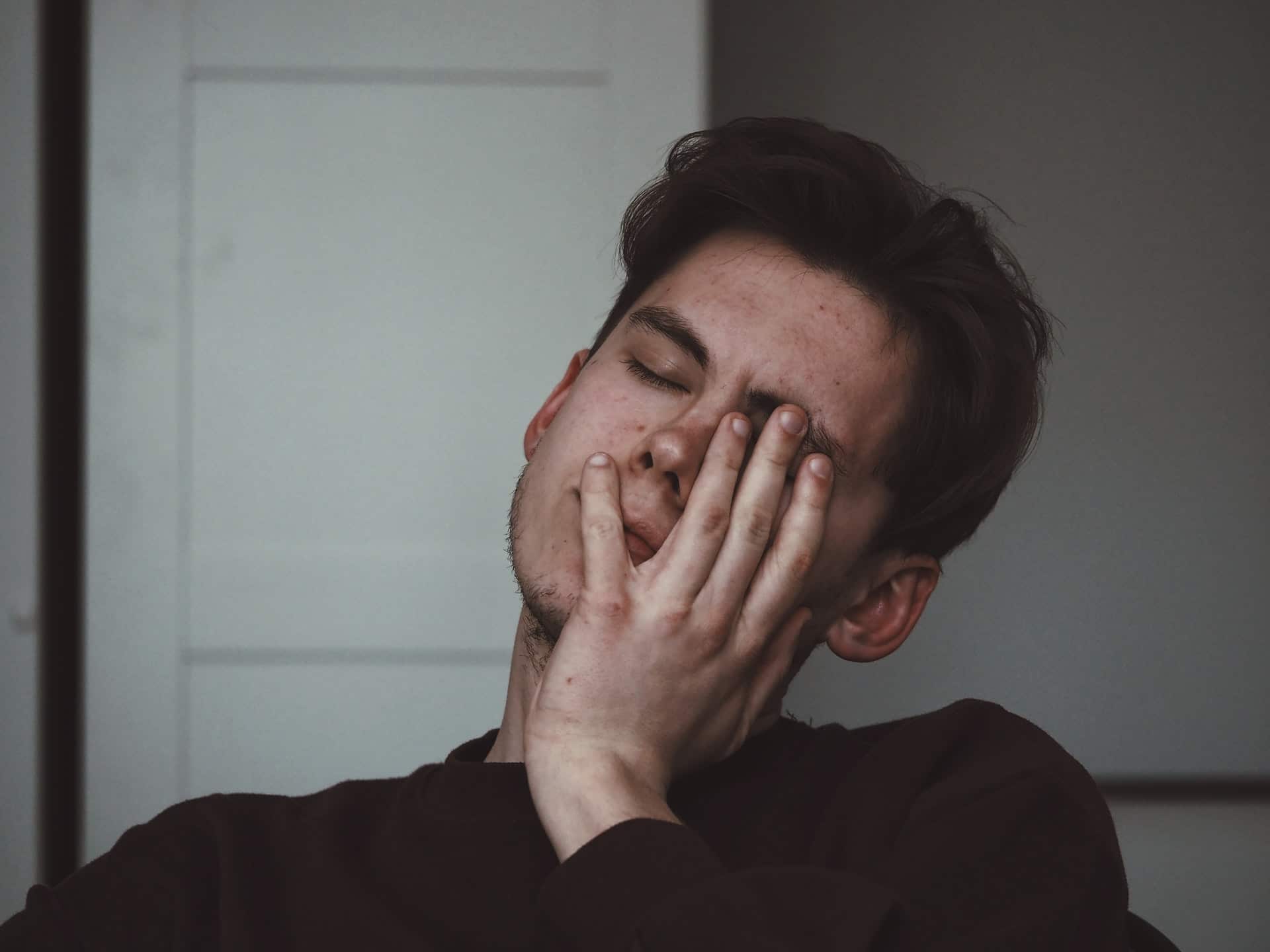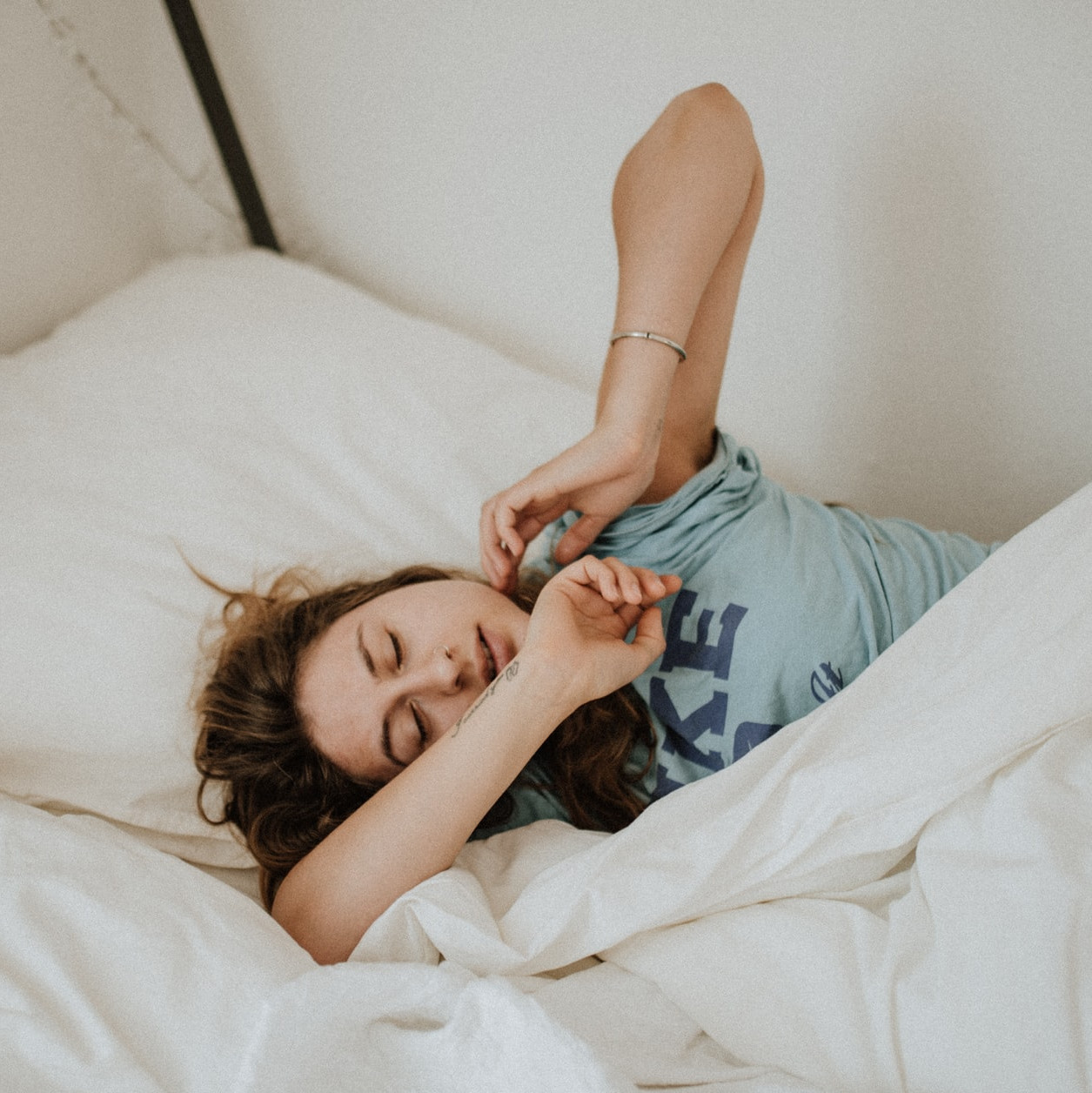Visit or Call Our Sleep Guide Texas Showrooms
Our Texas Showrooms Are Here To Help With All Your Favorite Online Brands! And We Offer Exclusive Coupons To Save More!
Learn MorePlease note, we are proudly supported by our readers. The product links are referral based and if you purchase an item we make a small commission. For more information please see our disclosure page.
Our site uses cookies to improve your experience, continuing on our site means you agree with our cookie policy Read More
I agreeThere are many common health issues that can make it harder to get a great night’s sleep. Like chronic pain, restless leg syndrome, and sleep apnea, just to name a few. However, your thyroid effects the majority of your organs and body functions. Which makes sense as to how your thyroid and sleep go hand in hand.
Which means if your thyroid is not functioning properly it can cause a lot of issues. Including negatively affecting your energy levels which directly correlates with your sleep. In this blog we are going to get into the two most common types of thyroid issues you may run into, and how they could affect your sleep.

Before jumping into how your thyroid plays a role in your sleep it is important to understand the two different ways your thyroid can be impacted. When it comes to thyroid issues you will experience either Hyperthyroidism or Hypothyroidism, two very different ways that your thyroid isn’t working properly.

The opposite is true for hyperthyroidism which is an overactive thyroid that increases your hormone levels.
The effects of Hypothyroidism result in a slowed metabolism, tiredness as well as possible weight gain. And an overall decrease of energy and sluggish feel. While Hyperthyroidism gives you more energy and may result in weight loss it also may trigger anxiety as well as depression. Neither are ideal and clearly will effect your quality of life, including sleep.
Hyperthyroidism is when your body is overproducing the thyroid hormone. Again this thyroid issue increases your energy. Which may sound great, however, when you have energy that feels trapped you often times develop a jittery response that leads to anxiety. This not only affects your daily routine but spills into your evening too.
With added anxiety and jitters that feel like you just drank three shots of espresso sleep will be the furthest thing from your mind. Many times leading to sleep issues like insomnia as well as health issues and heart palpitations. Without adequate sleep you may also experience bouts of fatigue throughout the day as well. This can be an exhausting combination where you feel drained but somehow still can’t get to sleep. Leading to a cycle of restless sleep and a frenzy of energy.


Struggling with anxiety? Head over to our post How To Sleep Better With Anxiety for tips and advice on getting a healthy restful sleep.
Hypothyroidism is when your body is not producing enough of the thyroid hormone. Opposite to Hyperthyroidism, this creates low levels of energy. Which dwindles your desire to do even the most basic daily tasks. Creating a sluggish feel throughout the day that makes you long for your bed at all times.
This consistent lack of energy can cause depression as well as chronic fatigue. Making you even more prone to want to stay in bed. If you have hypothyroidism, you may have more than enough sleep and yet you feel exhausted. Most likely you are even over sleeping and napping throughout the day which just perpetuates the endless cycle of sluggishness and too much sleep.
 Brain Fog
Brain Fog
Depression can make sleep complicated. Learn more about how to sleep well with depression in our post: How to Sleep Better with Depression

Some thyroid medications can cause other sleep issues. If you are on medications and your struggles with sleep and energy have recently started or gotten worse, contact your doctor and let them know that this is an issue you are having. They may be able to prescribe you a different dosage or medication.
You May Also Enjoy: Top 9 Essential Oils for Bedtime – The Sleep Benefits of Essential Oils
While medications are usually our go to in Western culture, there are several natural ways to help get your thyroid back on track. Depending on whether you suffer from Hyperthyroidism or Hypothyroidism may differ what is best, but below are several great alternative options that are as simple as adjusting your diet to help your body function better.
You May Also Like The Article: Best & Worst Foods Before Bed.
Most thyroid disorders can be easily treated with medications. Most of your sleep issues will be caused by complications and symptoms caused by the out of whack thyroid.
With medications these symptoms often subside. If you have not already been diagnosed, talk to your doctor about getting your thyroid checked.

Have a question for us? We would be happy to help. Send us your question through our Contact Us page and we will get back to you as soon as possible.
Our Texas Showrooms Are Here To Help With All Your Favorite Online Brands! And We Offer Exclusive Coupons To Save More!
Learn More
